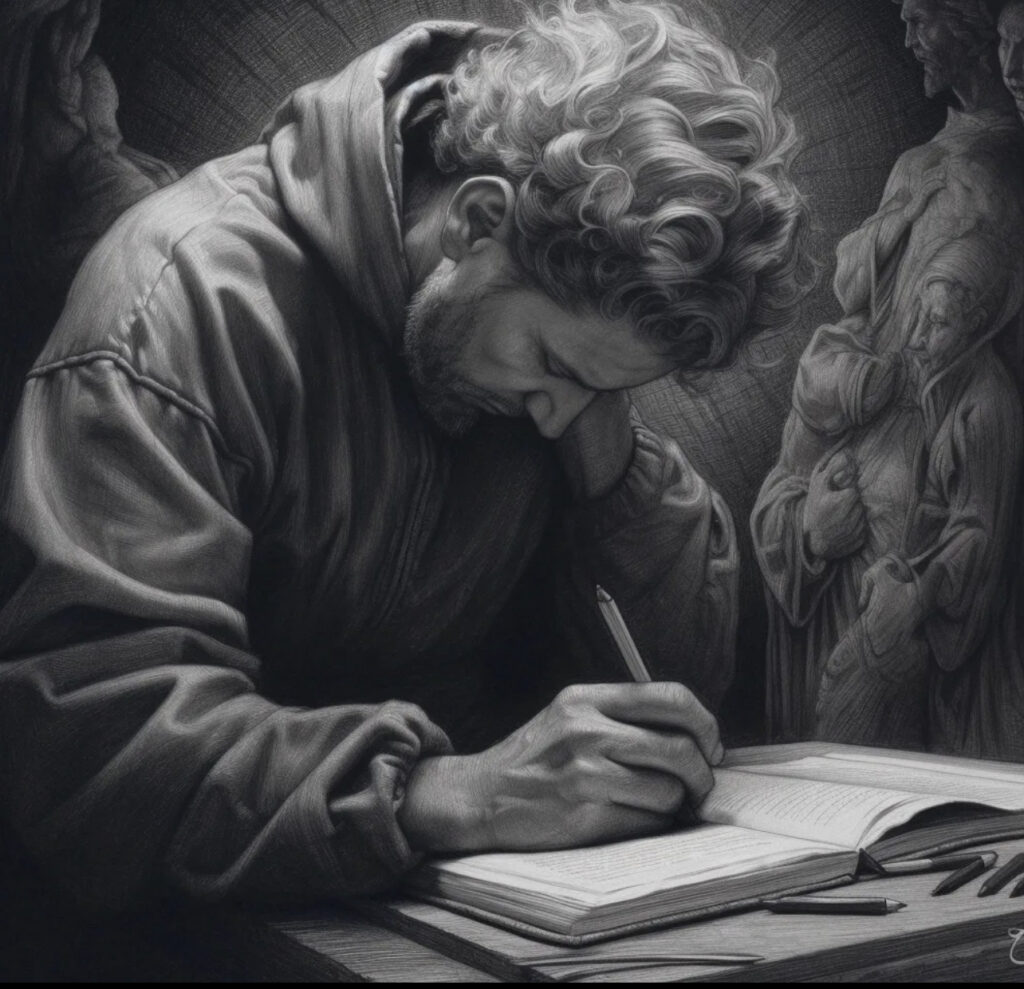Many of us find ourselves oscillating between moments of surrender and the drive to become the best versions of ourselves. It’s a delicate balance, and one that’s beautifully encapsulated in the sentiment, “I surrender and I work to be the best version of myself, for God can use me to the best of me for his Godly need.” This profound statement brings together two seemingly disparate elements: surrendering and striving. By examining the interplay between these forces, we can gain insight into how they can lead to increased productivity, calculated risk-taking, faith, and happiness.
The Art of Surrender
“Surrender” can often be mistaken for passivity or giving up, but in many spiritual traditions, it’s about relinquishing control and allowing a higher power to take the lead. When we surrender, we accept that there’s a bigger plan at work, one that’s often beyond our comprehension.
In the Bhagavad Gita, a seminal text of Hindu philosophy, Lord Krishna advises Arjuna to perform his duty without attachment to the outcome, essentially emphasizing the act of surrendering the results of our actions to the Divine. By doing so, we remove the weight of expectation and the fear of failure, opening ourselves up to experiences and outcomes we might not have foreseen.
Striving for Excellence
At the other end of the spectrum is the drive to be the best version of ourselves. Personal development and self-improvement are laudable goals, leading many to seek continuous growth in their personal and professional lives.
A study conducted by the University of Pennsylvania found that the pursuit of personal growth and self-acceptance correlates strongly with increased well-being. The more we align with our authentic selves and harness our innate talents, the more we find ourselves in the “flow” state, a concept identified by psychologist Mihály Csíkszentmihályi. In this state, we’re fully immersed in our activity, leading to heightened productivity and a sense of fulfillment.
The Divine Interplay
When we meld surrender with the pursuit of excellence, we’re presented with a powerful approach to life. By striving to be our best while understanding that there’s a higher power at play, we align ourselves with a divine purpose, ready to be used for a greater good.
This perspective encourages calculated risk-taking. Knowing that there’s a divine plan at play allows individuals to take chances, secure in the knowledge that they’re guided by a higher force. According to a study in the Journal of Personality and Social Psychology, those with strong religious faith are often more willing to take calculated risks. Their faith acts as a safety net, providing assurance and confidence.
Faith and Happiness
There’s considerable research suggesting that individuals with strong spiritual or religious beliefs report higher levels of happiness and satisfaction. For instance, a Pew Research Center study found that actively religious people are more likely to describe themselves as “very happy” compared to those who are not affiliated with any religion.
By surrendering and simultaneously striving for personal excellence, we find a deep-seated sense of purpose and joy. We recognize that our efforts are not just for personal gain, but for a purpose that transcends our individual existence.
In Conclusion
The delicate dance between surrendering and striving is a pathway to a life filled with purpose, productivity, and happiness. When we work to be the best version of ourselves while recognizing the divine force at play, we position ourselves to be instruments of a higher power. By integrating these principles into our daily lives, we can foster a sense of faith and fulfillment, driving us towards a future that aligns with our truest, divinely-inspired self.









